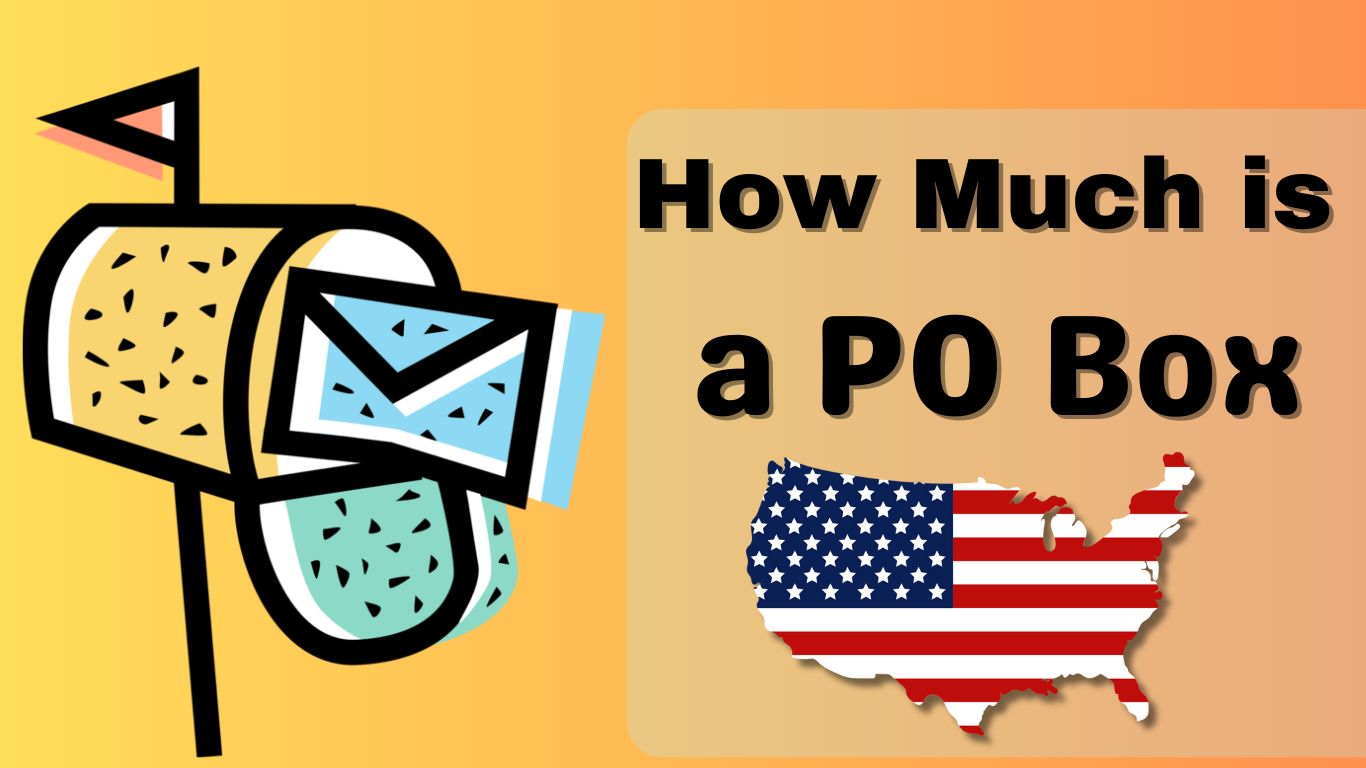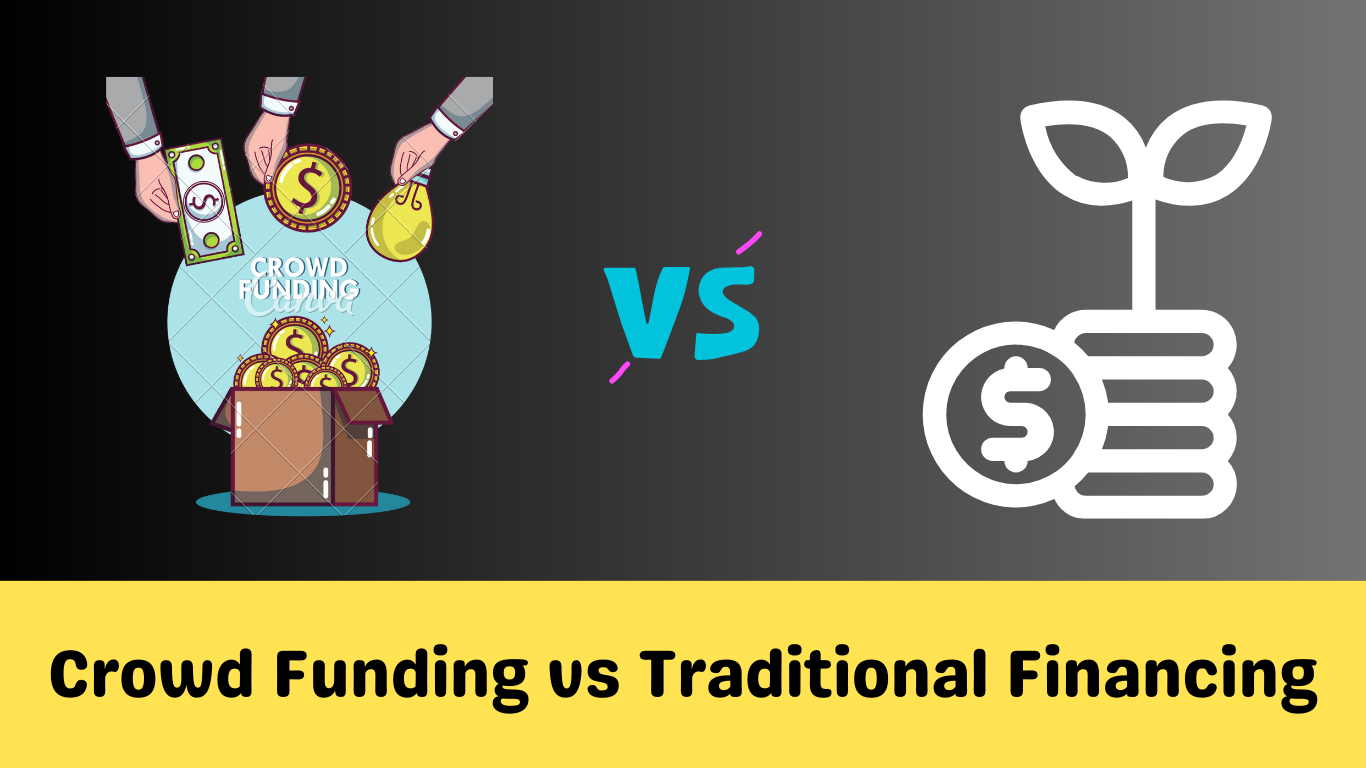Some of the links shared in this post are affiliate links. If you click on the link & make any purchase, we will receive an affiliate commission at no extra cost of you.
Wondering “How much is a PO box?” The truth is, a post office box can be a surprisingly cost-effective solution for managing your business mail. In this comprehensive guide, we’ll dive into the affordable rental rates, key benefits, and how to choose the right size PO box to meet your needs and budget.
What is a PO Box?
A PO box, or post office box, is a secure mailbox rented from the United States Postal Service (USPS) for receiving mail and packages. It provides a dedicated mailing address separate from your home or business location, offering privacy, security, and convenience for your business mail.
Benefits of Getting a PO Box
Using a PO box for your business mail can provide several advantages:
- Privacy: Keeps your home or business address private and off public records.
- Security: Protects your mail from theft, weather, and other delivery issues.
- Flexibility: Allows you to receive mail at a location convenient for you, even if you move.
- Professionalism: Presents a more formal, business-oriented address for your compny.7]/Reliability: USPS mail delivery is consistent and dependable.
How Much is a PO Box the Rental Costs
The USPS offers several PO box sizes and rental rates:
- 3″ x 5.5″: $4.67/month
- 5″ x 5.5″: $6.00/month
- 5.5″ x 11″: $9.00/month
- 11″ x 11″: $13.33/month
- 12″ x 22.5″: $23.67/month
These are the starting monthly rates, but the actual cost may vary depending on your location and other factors.
Factors Affecting PO Box Pricing
Several factors can influence the rental cost of a PO box:
- Location: Prices are generally higher in urban areas and lower in rural areas.
- Box Size: Larger boxes cost more than smaller ones.
- Rental Term: Longer rental periods (e.g., 6 months or 1 year) often have lower monthly rates.
- Additional Services: Options like 24/7 access or package acceptance can increase the cost.
Comparing PO Boxes to Alternatives
While a PO box provides a physical mailing address, there are several alternatives to consider:
- Virtual Mailboxes: Offer a digital mailbox solution, allowing you to receive, view, and manage your mail online without a physical location. Costs can vary but often provide more flexibility than a traditional PO box.
- Mailbox Rental Services: Private companies that offer secure, staffed mailbox rentals, sometimes with additional services like package acceptance.
- Coworking Spaces: Many coworking spaces provide a professional business address and mail handling as part of their membership.
Each option has its own advantages and considerations, so it’s important to evaluate your specific needs and budget.
Pros
- Cost-effective mail management
- Secure mail and package receipt
- Faster delivery compared to home/office
- Private and professional business address
- Convenient package pickup at post office
Cons
- Limited accessibility outside post office hours
- Space constraints for high mail/package volume
- Restricted to USPS deliveries only
- Less personal than a physical business address
How to Choose the Right PO Box Size
When selecting a PO box, consider the volume of mail and packages you expect to receive. Choosing a box that’s too small can lead to overcrowding and missed deliveries, while a box that’s too large may be an unnecessary expense. The USPS can help you determine the appropriate size based on your needs.
Setting Up and Accessing Your PO Box
To set up a PO box, you’ll need to visit your local post office, provide identification, and complete the necessary paperwork. Once established, you can access your PO box during regular business hours or, in some cases, 24/7 with an additional fee.
PO Boxes vs. Physical Business Addresses
While a PO box can provide a professional business address and mail management solution, some businesses may prefer a physical location for their company. This can be especially true for client-facing or retail-oriented businesses that require a physical presence.
Conclusion: The Cost-Effective Choice for Your Business Mail
A PO box can be a cost-effective and convenient way to manage your business mail, offering privacy, security, and a professional mailing address. By understanding the rental costs and factors that influence pricing, as well as exploring alternative options, you can choose the right solution to meet your business needs and budget.
Also Read Crowd Funding vs Traditional Financing
How Much is a PO Box FAQS
What additional costs are associated with renting a PO box for a business?
In addition to the rental fee, businesses may need to consider the following additional costs:Refundable key deposit (typically around $25)
Forwarding fees (around $1 per forwarded item)
Replacement fees for lost keys (ranging from $10 to $30)
How much does a PO box cost for a business?
The cost of a PO box for a business can vary depending on several factors, such as the location, size of the box, and rental duration. The starting monthly rates for different PO box sizes are:3″ x 5.5″: $4.67
5″ x 5.5″: $6.00
5.5″ x 11″: $9.00
11″ x 11″: $13.33
12″ x 22.5″: $23.67
How can the location of a PO box affect the cost for a business?
The location of the PO box is a significant factor in determining the cost. PO boxes in urban or high-demand areas tend to be more expensive than those in rural or less populated regions. This is due to the higher demand and the USPS’s ability to charge a premium for the convenience and accessibility.
Does the size of the PO box impact the rental cost for a business?
Yes, the size of the PO box is a key factor in the overall cost. Larger PO boxes, which can accommodate more business mail and packages, typically cost more than smaller boxes. The USPS offers a range of sizes, and the monthly rental fees increase as the box size gets larger.
Are there any discounts available for businesses renting PO boxes for longer periods?
Yes, the USPS often offers discounts for businesses that commit to longer rental periods. Generally, the longer the rental duration (e.g., 12 months vs. 3 months), the lower the monthly cost. These discounts are designed to encourage businesses to maintain their PO box services for an extended period.
How can the security and accessibility of a PO box location benefit a business?
The security and accessibility of the PO box facility are important considerations for businesses. Look for locations with features like 24/7 access, video surveillance, secure package lockers, and strict access controls. These security measures can help protect your business mail and packages, while convenient access can improve productivity and efficiency.
What are the advantages of using a PO box over a residential mailbox for a business?
Using a PO box can offer several advantages for businesses over a residential mailbox, including:Enhanced privacy and security for business mail and packages
Professional business address for branding and client-facing interactions
Ability to accommodate larger packages and higher mail volumes
Are there any alternatives to traditional PO boxes that businesses can consider?
Yes, there are a few alternatives to traditional PO boxes that businesses can explore:Virtual mailbox services: Provide digital mail management and forwarding options
Mailbox rental services: Offer personalized mailbox solutions through private companies
Residential mailbox: Use a permanent street address for business mail reception
How can businesses maximize the benefits of using a PO box?
Businesses can maximize the benefits of a PO box by:Streamlining mail management and distribution
Enhancing security and privacy for sensitive business documents
Projecting a professional image through the PO box address
Optimizing logistics and delivery with shipping partners
Leveraging additional services like package holding or mail forwarding
What factors should businesses consider when choosing the right PO box for their needs?
When selecting a PO box for their business, companies should consider the following key factors:Location and accessibility
Box size and capacity
Rental duration and associated discounts
Security features and package acceptance capabilities
Branding and professional image requirements








